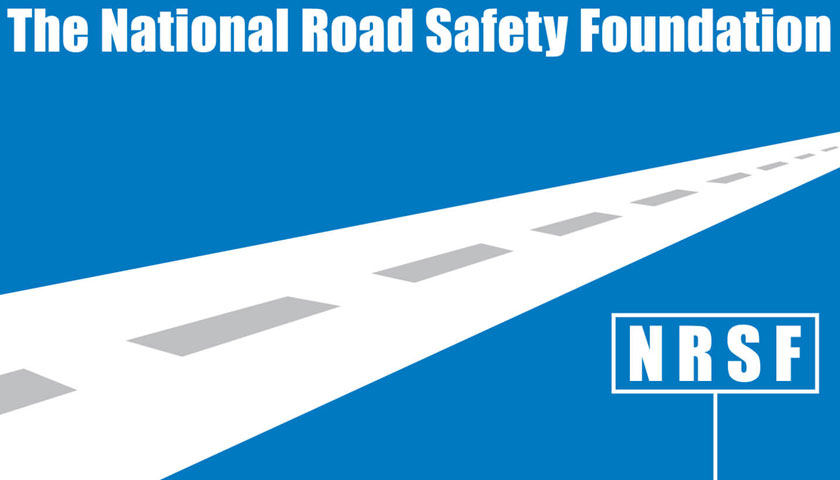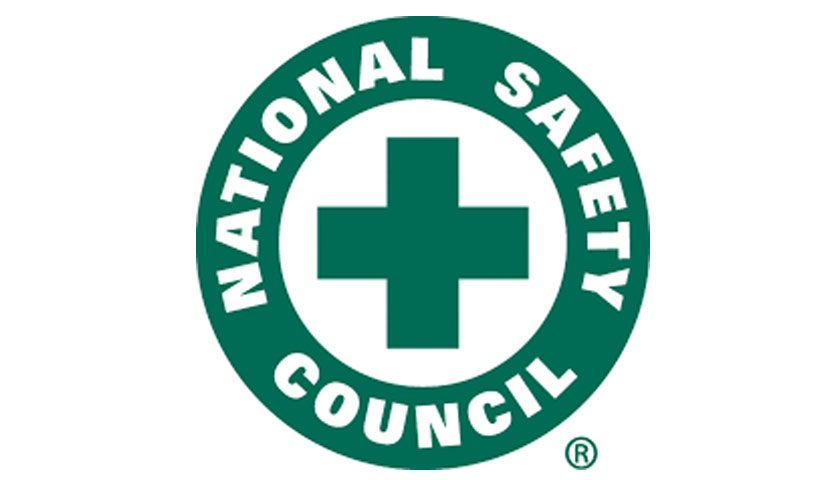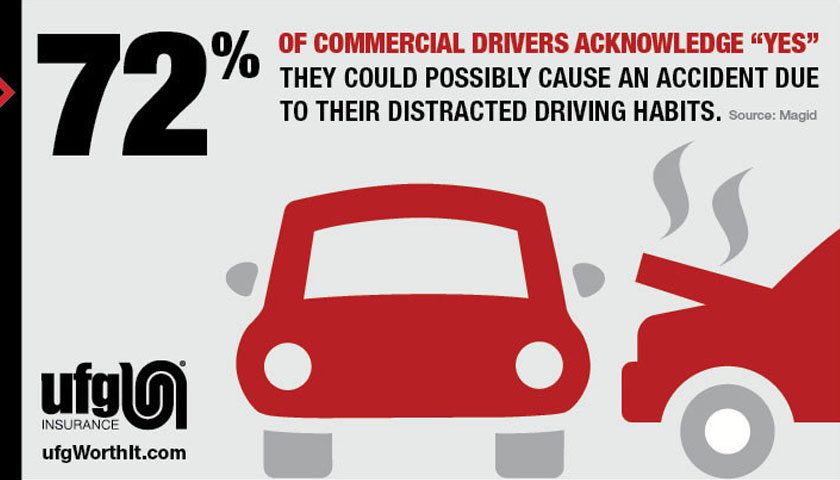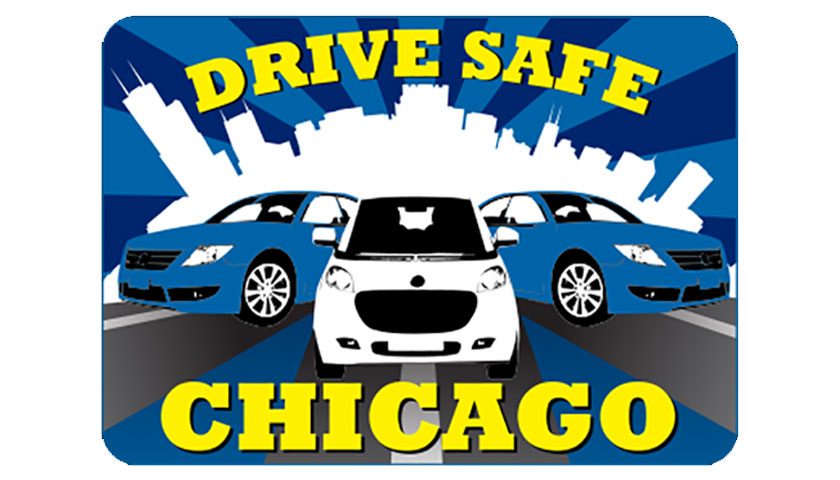April is Distracted Driving Awareness Month and The National Road Safety Foundation reminds drivers that distraction remains a leading cause of fatal traffic crashes. The National Highway Traffic Safety Administration (NHTSA) reports that 3,166 people were killed in 2017 by crashes involving a distracted driver. Texting while driving is an especially troubling trend among teens and drivers into their mid-twenties.
A survey by the AAA Foundation found 78 percent of drivers believe it’s dangerous to talk or text while driving, yet nearly half admit to talking on a hand-held phone while driving and nearly 35 percent have sent a text or email. Drivers are three times more likely to crash when talking on a phone and 23 times more likely to crash when texting. Teens, who are less experienced behind the wheel, are especially at risk by distracted driving.
Texting takes a driver’s eyes off the road for at least three to five seconds, which is the equivalent at highway speeds of driving blind for the length of a football field. Using a cell phone while driving, whether it’s hand-held or hands-free, can impair a driver’s reaction time as much as having a blood alcohol concentration at the legal limit of .08 percent.
“Talking and texting on cell phones, while the most talked-about cause of driver distraction, is not the only thing that can distract a driver,” said Michelle Anderson, Director of Operations at The National Road Safety Foundation, a non-profit group that promotes safe driving behavior. “Seemingly harmless things like tuning the radio, adjusting the GPS, eating or drinking can take a driver’s mind off the road, with potentially deadly results. Even talking to other passengers can be a dangerous distraction.”
Anderson added, “Part of the solution is simply becoming aware of what creates driver distraction and remembering that drivers must always keep their hands on the wheel, eyes on the road and their mind on the task of driving.”
As part of Distracted Driving Awareness Month, state and local police are partnering with NHTSA next week for the annual “U Drive. U Text. You Pay” campaign to enforce distracted driving laws, which are on the books now in 47 states and the District of Columbia. In most states, tickets for texting while driving are very costly and could put points on the driver’s license.
The National Road Safety Foundation has brief videos about distracted driving that can be viewed or downloaded at no charge from http://www.nrsf.org/programs/distracted-driving. The site also has a free downloadable self-assessment quiz titled “Am I Distracted?” that points out common behaviors that cause distraction while driving.



